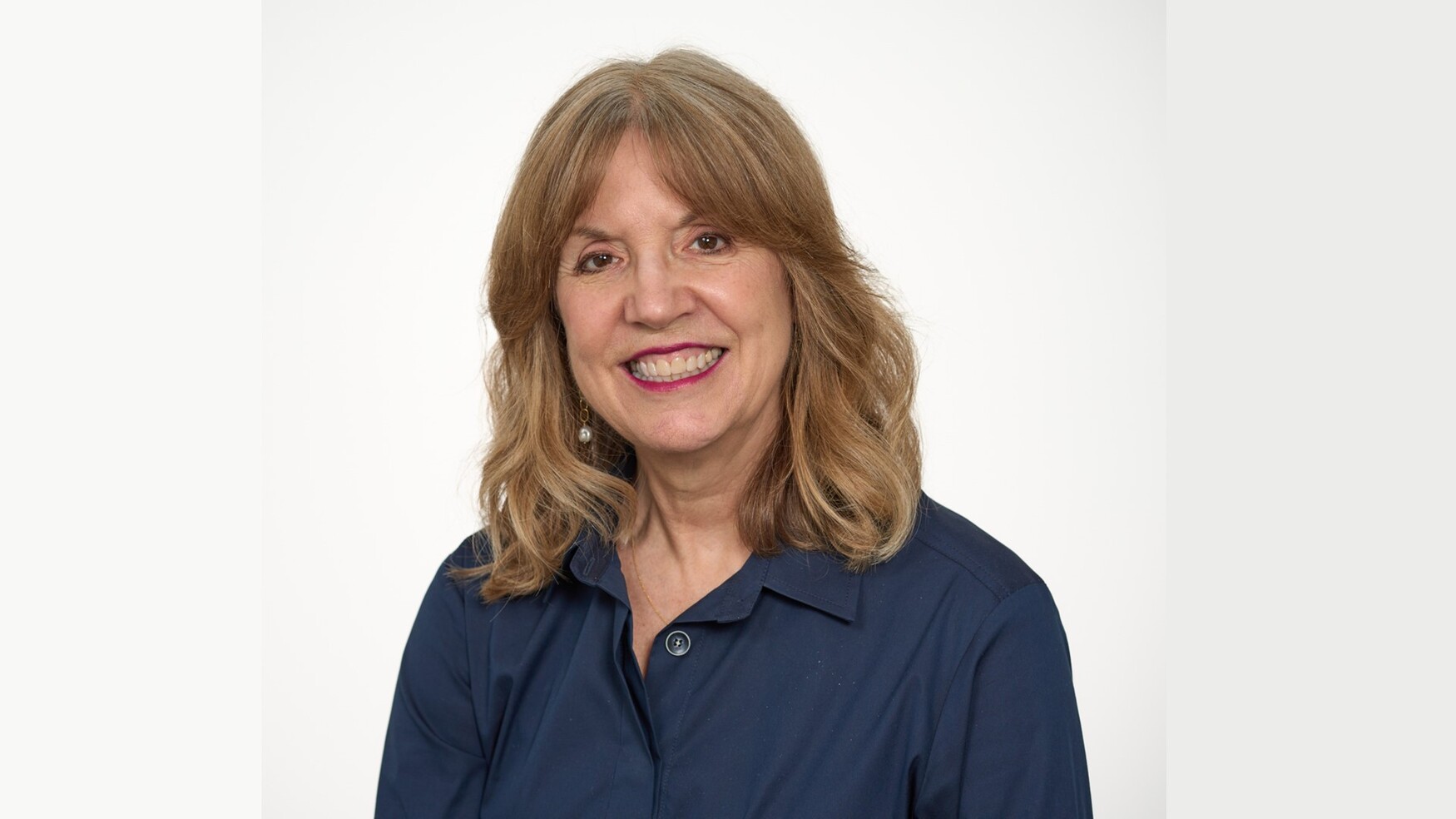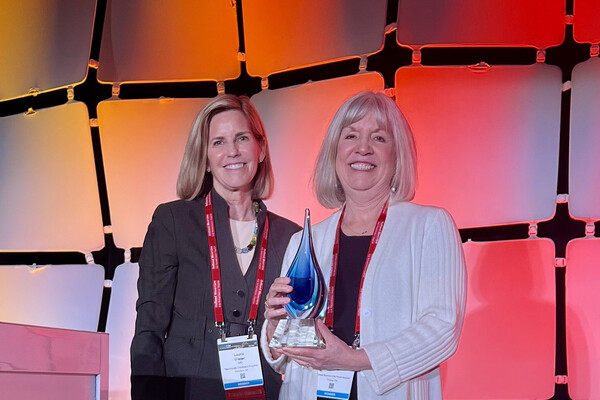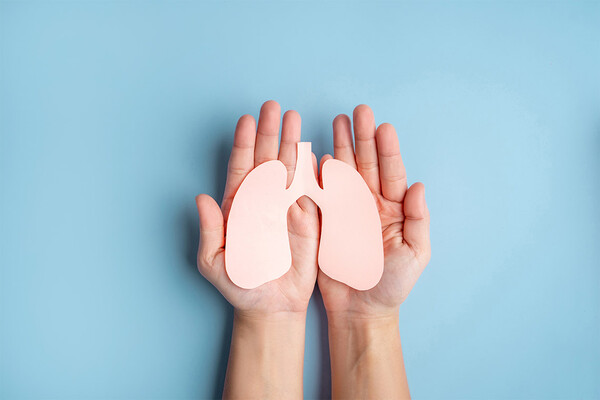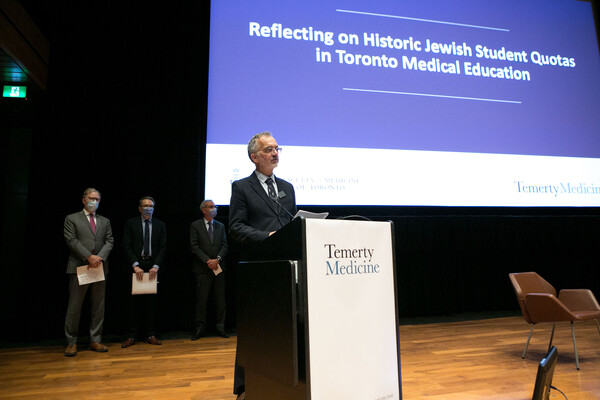Mobile Menu
- Education
- Research
-
Students
- High School Outreach
- Undergraduate & Beyond: Community of Support
- Current Students
- Faculty & Staff
- Alumni
- News & Events
- Giving
- About

University of Toronto Professor Darcy Fehlings (MD ’83, PGME ‘89) has been recognized with a Lifetime Achievement Award by the American Academy for Cerebral Palsy and Developmental Medicine.
“I would like to express my deepest congratulations to Dr. Fehlings on receiving such a well-deserved award,” says Julia Hanigsberg, president and chief executive officer at Holland Bloorview Kids Rehabilitation Hospital.
“As one of the world’s leading experts in cerebral palsy, the compassion, dedication and brilliance she brings to her research, clinical care and education at Holland Bloorview is transforming the lives of children with cerebral palsy and their families around the world. Congratulations, Dr. Fehlings!”

The academy grants this prestigious, international award to people who have made outstanding contributions to advance the health and well-being of individuals with cerebral palsy and other childhood-onset disabilities.
As a senior clinician-scientist, Fehlings leads the CP Discovery lab at the Bloorview Research Institute. She is also a developmental paediatrician at Holland Bloorview and a professor of paediatrics at U of T’s Temerty Faculty of Medicine. She has devoted her clinical and research work to enable meaningful and healthy futures for children and youth living with cerebral palsy.
Fehlings’ work centres on the innovation and evaluation of interventions for children with cerebral palsy, including hypertonia interventions, early detection, constraint therapy, dystonia and pain management.
Highlights of her key research and academic achievements include:
Fehlings was the inaugural head of U of T’s division of developmental paediatrics and has been chair of the Royal College Specialty Committee in Developmental Pediatrics. She is recognized as a top cerebral palsy expert worldwide by Expertscape, an online database ranking of medical experts, over the past decade. She was also president of the American Academy for Cerebral Palsy and Developmental Medicine in 2015.
“This award recognizes Dr. Fehlings’ groundbreaking advances and contributions to the field of cerebral palsy and the impact her research is making to improve the health outcomes of countless children and youth living with CP and their families,” says Evdokia Anagnostou, vice president of research and director of the Bloorview Research Institute, who is also a professor of paediatrics and in the Institute of Medical Science at Temerty Medicine.
Fehlings was presented with the award at a ceremony on Thursday, October 24th in Quebec City.
Q&A with Professor Fehlings
What does receiving the Lifetime Achievement Award mean to you?
I am deeply honoured to receive this award. I strongly believe in team science and would like to acknowledge all the team players who contributed to moving the bar in research with me to positively impact children with cerebral palsy and their families.
What are the latest advances in cerebral palsy research that you’re seeing in your field?
I see three streams of research that are having impact. The first is a focus on evaluating strength-based interventions such as encouraging ‘fun’ participation in the community and promoting physical fitness (e.g., though interactive computer play using an Exergame recumbent bike).
The second is research activities that fall under the umbrella of translational neuroscience such as understanding the underlying neural mechanisms of action of our rehabilitation interventions. These include constraint therapy or understanding the genetic underpinnings to etiologic risk of cerebral palsy.
The third is knowledge implementation science activities to drive change in early detection and early intervention for cerebral palsy.
What is your hope for the future for children and youth living with cerebral palsy and their families?
From a research perspective, my hope is to move boldly forward in partnership with individuals with cerebral palsy and their families to innovate, evaluate and promote ‘positively disruptive’ interventions that will make a positive difference in the well-being of children with cerebral palsy and their families.


